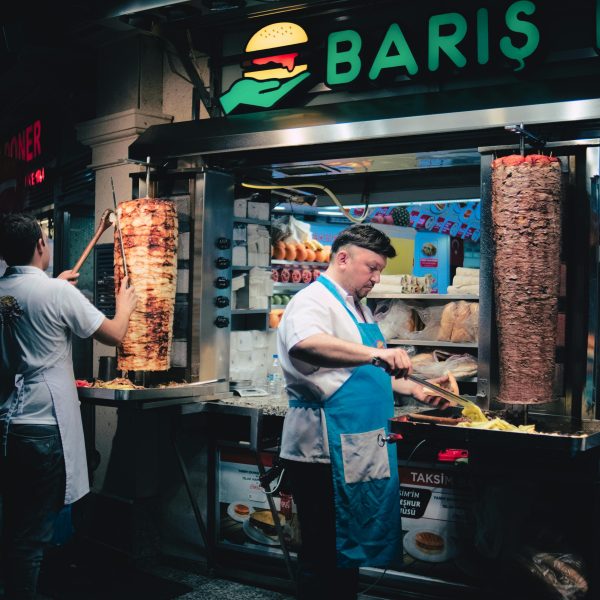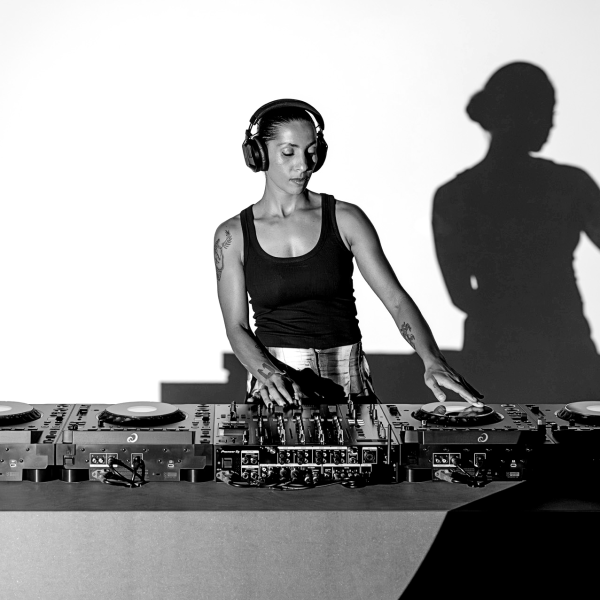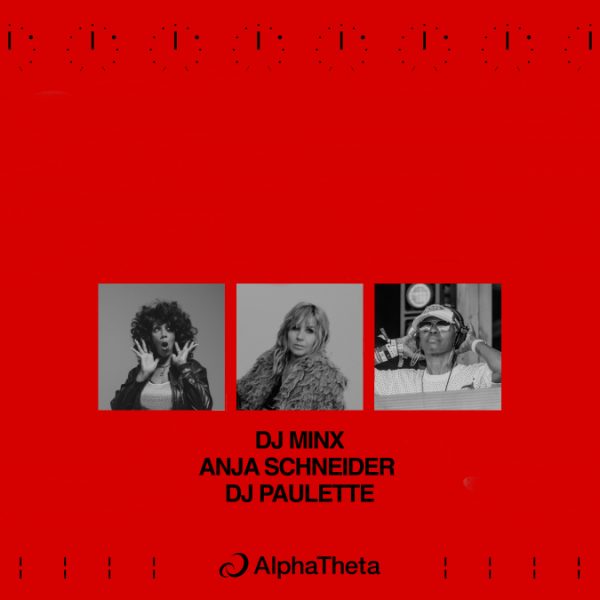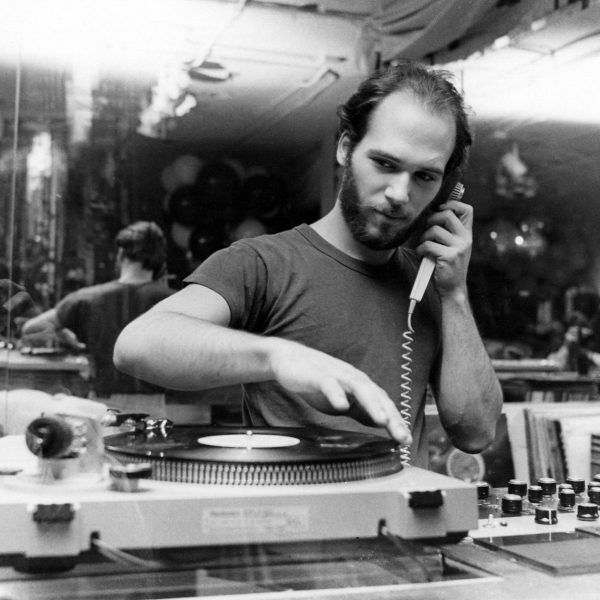In the UK though, the climate has been quite different, with barely any recognition of its local ambassadors until very recently. All of the aforementioned UK-based artists and promoters have been operating for the best part of a decade or more, yet their international profiles pale in comparison to those of their SA counterparts. In a relatively unusual reversal, the UK and London—one of the world’s most influential musical and cultural hubs—is importing its musical inspiration.
Why has the music not broken through in the UK in the way many people think it deserves to? Among the reasons for its stunted growth is cultural nuance—differences in the way that electronic music is presented and consumed in the UK and SA. There’s also been some media neglect, and a lack of cohesion on the part of those who’ve been supporting it.
For instance, the Afrobeats sound has become ubiquitous in the UK. The official charts have been awash with Afrobeats songs—even Ed Sheeran’s “Shape Of You,” a track with over 5 billion plays on its music video alone, draws heavily on the sound. How this occurred is largely thanks to the widespread West African diaspora. Nigerian and Ghanaian personalities have achieved success and attained positions of influence in the UK media, across music, film and television, whereas the presence of southern Africans is less notable. “Because they’ve got more strength in numbers it’s a little bit easier, over a certain period of time, to start navigating into the commercial space,” said Sef. “That’s one of the key things behind why Afrohouse hasn’t had as much impact over here as it warrants.
“Also some of the DJs that are involved in Afrohouse [in the UK], the prominent people, are not from SA as well,” he continued. “It’s important, when you have a figurehead that it’s actually someone from there to help those things along because there’s only so much we can do; we don’t speak the language, we don’t have the heritage. What we go off is based on a feeling and some education and reading.”
This is compounded by the ignorance of event organisers, who have a one-dimensional view of the southern African sound. Black Coffee in particular is perceived as a “safe bet” for those wanting to sell out a large-scale Afro-leaning party. But that limits opportunities for homegrown talent to flourish. “This is no fault of his, it is a fault of the people that have their blinkers on, because they feel a sense of entitlement and think, ‘He’s the best. That’s it. We don’t need to find out anything more,’” said Khaya. “Prior to summer, I get a phone call every other week, ‘Can you get us Black Coffee? Can you get us Black Coffee?’ Not to applaud us for doing well, not to book one of our resident DJs. It’s borderline insulting.”
“It goes back to exploitation, where you want something out of it,” he continued. “Everyone that wants a gig that packs out, they want Black Coffee. And that’s no fault of his. But that is just sad. It takes away from the music because it is growing in one direction. I feel it just takes away from a lot of the artists who are trying to do great things for the sound as well.”
This universal focus on Black Coffee came up in several of the conversations I had. The general consensus from everyone echoed Khaya’s points.
“We didn’t really have much of a scene here, it was just a collective of us that were really passionate about the sound and pushed it,” Denis said. “A good night would be a couple of hundred people, that’d be an excellent night. It was really weird because when Black Coffee comes over, for the last five or six years, he sells out, maybe 1500 to 2000 tickets. It was really odd to kind of see a lot of people that were in a scene, that would come out to Black Coffee but when we put on nights, they wasn’t interested.”
In a time where more attention is being paid to underrepresented pockets of electronic music culture, we have to peel away some of the top layers to expose the talent below. In the case of the UK’s southern African scene, perhaps promoters could start looking at local acts, who are part of engaged communities willing to support them wherever they go?
Financial barriers have also stunted the growth of the Afro sound in the UK. It’s difficult to get access to funding, which could provide the support needed for smaller promoters to build their events, to book bigger artists and to invest in their companies. “We could be having artists coming up and down from South Africa but financially, it just doesn’t work,” said Khaya. “Because they make a lot of money in South Africa. Because the sound isn’t really ‘out there’, financially you’re at a loss in the beginning. Unless you bring someone like Black Coffee, but who’s got the capital to do something like that?”
“A hindrance that I’ve experienced, being a label manager in this sound, is you have to put in some money for it to be able to go into certain spaces,” Kitty said. “If I don’t pay an actual PR company to do the rounds and send it over, it’s not really going to happen. Not many of us are fortunate to have that money behind our labels, so I think that’s the thing that can block us from being in the mainstream space.”
From the new generation of Afrohouse promoters, J.tham (pronounced Jay-dot-fam) has made a name for himself with his party DreamNights. Conceived two years ago with his partner Chloe, the event is representative of a new school of Afro-inspired sounds emanating from the capital. “The event came about through the love of house, DJing and the lack of opportunities for an upcoming artist in the scene,” he explained. “Two of the other DJs playing the launch night were also up and coming: DUO & Grooveguruu, who were able to showcase their talents in a space that wasn’t available to us.”
As the name suggests, DreamNights is all about making emerging artists’ dreams come true, by giving them a platform to showcase their talent. Since that first event, J.tham has held several parties in east London. He’s been privy to the unbridled energy and positivity that comes from the music and the crowds it attracts. But he’s aware that it hasn’t achieved the breakthrough many of those who follow the music believe it deserves. “The Afrohouse scene feels amazing and diverse when you are in it, whether you go to a club night or you follow the producers and DJs here in the UK or globally,” he said. “However, if you are not in it or unaware of it, it’s surprising how quietly it is represented on the major level of house music.”
“I used to think, ‘Why is this not promoted everywhere? Why are these events not everywhere?’ I’ve been to house festivals, and the energy and music there is special, but I always imagine how crazy the music from the Afrohouse scene would sound on those big festival speakers,” he added. “You start to wonder why DJs who have been in the scene for 10-plus years aren’t on these festival stages as headliners, let alone on the stages to begin with.”
On the subject of growth, he’s adamant that the scene will expand and evolve naturally, albeit with a little bit more push from all sides. “The scene itself is growing regardless of whether people notice or not. The lockdown was a realisation for a lot of people, seeing how important music is to them,” he said. “Us, the people in the scene, are attentive to everything that is growing in our scene in the UK, in SA and globally. Collaborations are the way that the music and the scene will grow best. With our Instagram livestreams we managed to connect with DJs outside of London, and the UK in the US. The scene is growing and will keep growing in time, we just need to take time and let it happen.”
A unified front could also push the scene forward. Up to now, promoters have been organising events and cultivating their own communities separately. Progress could perhaps be made by those disparate entities coming together to represent the sound. In 2021, as the UK prepares for its clubs and festivals to reopen, perhaps it’s the right time for people to collectively build events that celebrate southern African culture in its entirety?
Last summer, DJs Kismet, Supa D and Fever hosted Originals, a day party in Essex that brought together some of the most prominent members of London’s Black electronic music underground. The event was a sell-out and proved that there is plenty of opportunity to take things outdoors to the big stage and maintain the integrity of the music. As both Martinez and Miller both suggest, this could also be one of the reasons why the media have overlooked the Afrohouse community. “In London there’s not been enough of a community,” said Martinez. “A community that said, ‘I am Afrohouse’ has never positioned itself for the media to jump on board, write about it and acknowledge it. Even within the people that you will speak to, for this piece, that are saying, ‘I am Afrohouse’, they will still have their own niches—Afro tech, ancestral house… it’s difficult for the media to promote Afrohouse if it doesn’t have its own identity and seeps into those different niches.”




